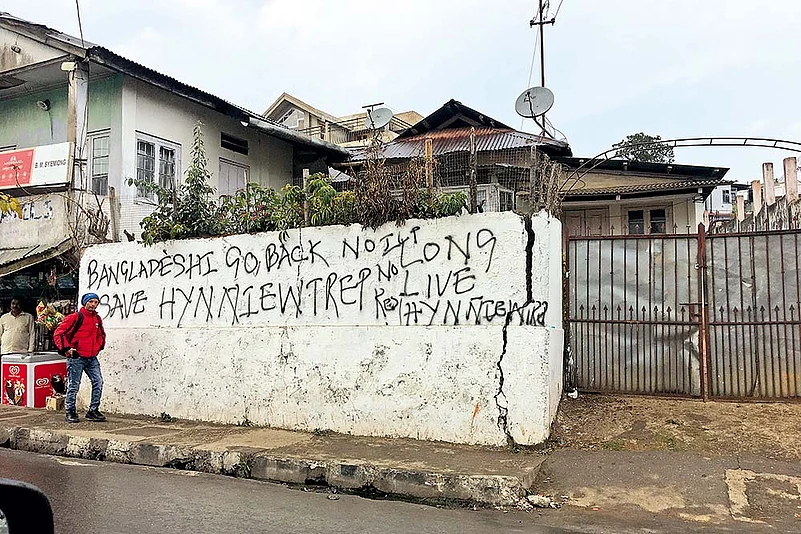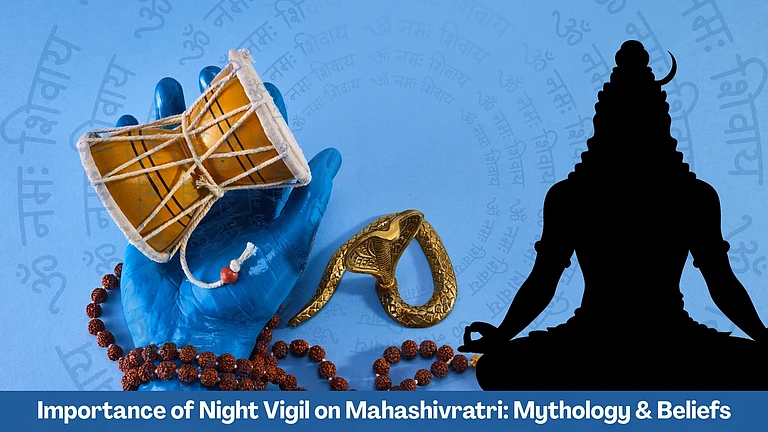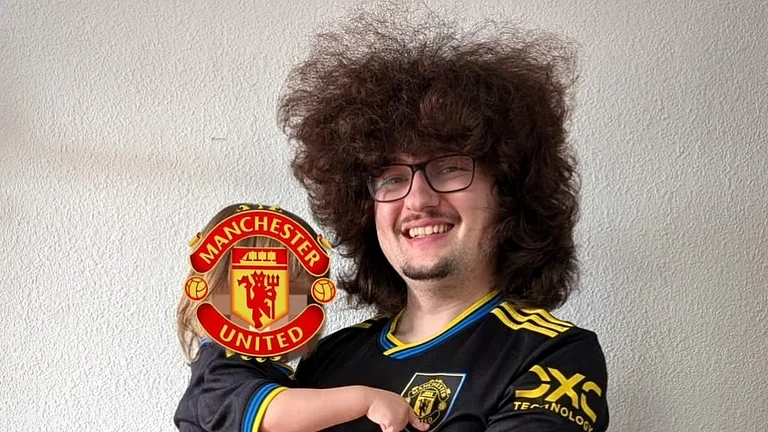Iewduh, Shillong’s oldest market, was busier than usual for a Saturday morning. The capital of Meghalaya had spent Friday night under curfew, and people had thronged the market to stock up on essentials fearing more unrest. Just as business was picking up for Rupchand Dewan, 29, a migrant tomato-seller from Assam, a group of masked men went on a stabbing spree. Ten ‘dhkars’—as outsiders are called in native Khasi—were attacked. Dewan, stabbed multiple times, died in hospital, barely fifteen days since he and his wife had adopted a baby girl. The attack in Shillong came a day after a Khasi, Lurshai Hynniewta, 35, was killed in clashes between non-tribals and natives at Ichamati, a township on the Meghalaya-Bangladesh border about 85 km from the capital, which was promptly placed under curfew as a precautionary measure. Another man, Uphas Uddin, was stabbed to death by unknown assailants in East Khasi Hills on Sunday. Police, however, say they are probing other angles into his death.
In a state which has a bloody history of ethnic violence since it was carved out of Assam in 1972, the Citizenship (Amendment) Act (CAA) has opened up old faultlines—insecurities of the natives of an “outsider” influx and primal fears of non-tribals who are viewed as the aggressors. In 2018, Shillong had seen violence after a minor incident involving tribals and Dalit Sikhs, a small community who were brought to the state by the British in the 19th century, blew up. The influential Khasi Students’ Union (KSU) and its breakaway group, the Confederation of Meghalaya Social Organisations, have been leading a sustained campaign against CAA and demanding introduction of the Inner Line Permit (ILP) regime to regulate entry of “outsiders” to the state. Most parts of tribal Meghalaya are protected under the Sixth Schedule of the Constitution and, hence, out of CAA’s purview.
KSU leader Readyon Stone Nongrim blames non-tribals for starting the violence in Ichamati, where the students’ union had held an anti-CAA meeting on Friday. “We have been holding so many meetings. We want ILP. But the non-tribals support the CAA. They attacked us when we were dispersing (after the meeting),” Readyon says, claiming the attack was planned. Police said non-tribals retaliated after some KSU members attempted to burn a house.
Police don’t rule out involvement of “agent provocateurs” and said the stabbings in Iewduh looked like the work of trained assailants. Chief minister Conrad Sangma leads a fragile coalition government, which includes the BJP. Recently, his brother James Sangma was forced to let go of the home portfolio following demands from allies who alleged he was not able to control illegal coal transportation. Pushed to the wall, Sangma is likely to push another resolution in the next assembly session demanding ILP and bring a new law that will potentially require outsiders to register before entering the state.
At the civil hospital, Jodu Choudhury, 52, one of the injured at Iewduh, mourns his friend Rupchand Dewan. “After me, they stabbed Dewan, who was next to me. They did not say a word,” says Choudhury, also a tomato-seller who arrived in Shillong from Silchar in 1982. S.L. Chyne—a local businessman from Ichamati who was attending to T. Wanwar, a Khasi headman who was injured in Ichamati—claims non-tribals took advantage of the situation.
The state has seen several instances of ethnic clashes—with Bengalis as adversaries in 1979, Nepalese in 1987 and the Biharis in 1992. In 2013, clashes demanding ILP had turned violent, leading to the killing of four people. Binayak Dutta, who teaches history at North Eastern Hill University (NEHU), has documented the three major flareups and minor conflagrations as having contributed to the collapse of a cosmopolitan Shillong.
Non-tribals say the latest violence is just another addition to the list, which could yet grow longer.
By Sadiq Naqvi in Shillong

























